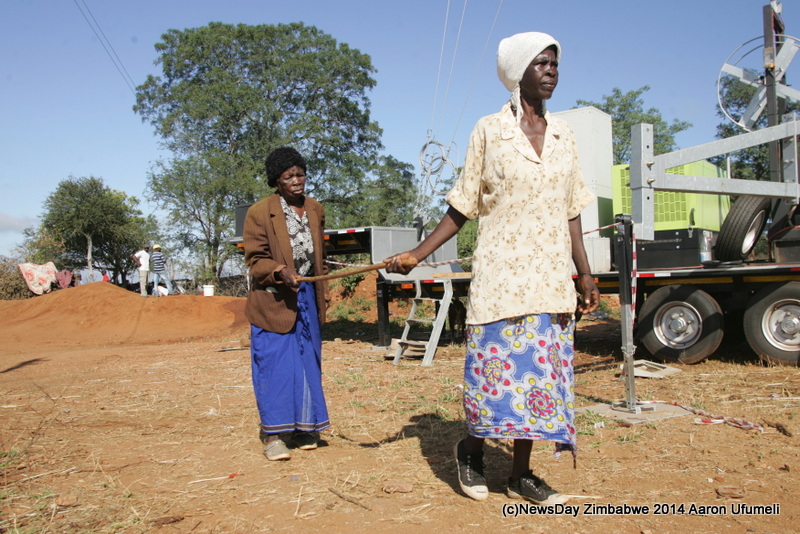
THE Zimbabwe Blind Women Trust (ZBWT) has been established to deal with issues to do with visually impaired women and girls.
by Ropafadzo Mapimhidze
The trust co-founded by two visually impaired women, Irene Sithole and Jules Daudi, is aimed at addressing personal and social development of the visually impaired, most of whom have been reduced to street beggars.
“The trust will have a wholesome kind of approach so that these women can compete with their sighted colleagues,” said Daudi, who is totally blind.
She said some of the services the trust would offer included rehabilitation and skills training with particular emphasis on computer literacy.
“Women with visual impairment also suffer from various sexual abuses which they mistake for love. A visually impaired woman cannot quite tell whether a man is in love with her or whether he just wants to sleep with her,” Daudi, a Harare-based high school teacher, said.
“Visually impaired men generally marry sighted women, but they will have a girlfriend, a childhood sweetheart who remains a sidekick or small house for eternity.”
Sithole, who is partially blind, said the co-founders were privileged to have come from families that valued and supported them until they attained university education.
- Chamisa under fire over US$120K donation
- Mavhunga puts DeMbare into Chibuku quarterfinals
- Pension funds bet on Cabora Bassa oilfields
- Councils defy govt fire tender directive
Keep Reading
Daudi teaches divinity and religious studies She lost her sight when she was six-years-old with her parents thinking she had been bewitched.
“The trust was registered in 2009 but only started operating this year. Visual impairment is usually batched together with other forms of disabilities but we felt that we had different and specific needs that were peculiar to us, hence the reason why we decided to establish one that mainly targeted women and girls with this kind of disability,” Sithole said.











